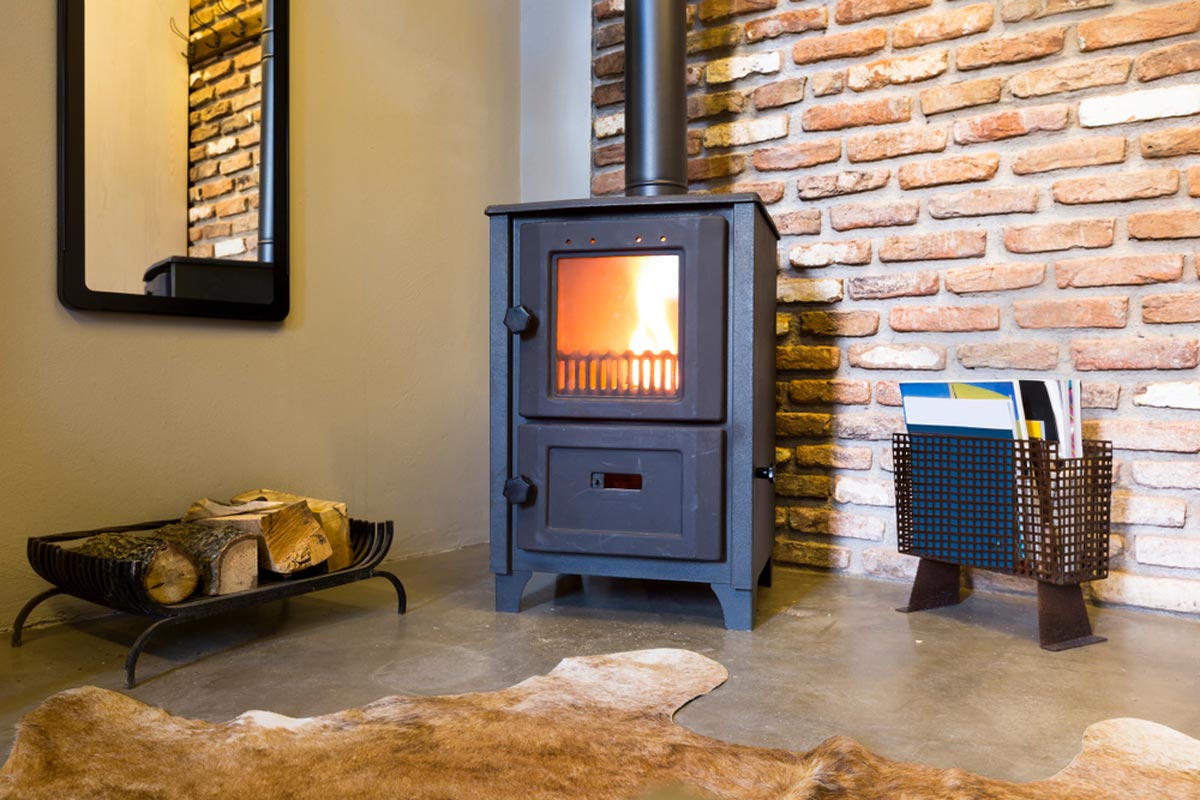When you're prepared to upgrade your cooking appliance, finding the appropriate setup specialist is essential to ensure a seamless and safe process. Whether you're leaning towards a gas or electric alternative, the decision you select can significantly impact your kitchen's performance and effectiveness. With multiple aspects to consider, having a skilled professional by your side can help navigate the complexities of stove installation, from safety compliance to compatibility with your current kitchen setup.
To help you enhance your stove installation experience, we've created a collection of important questions to pose your setup specialist. These questions will not only offer clarity on the installation process but also ensure you're making well-informed decisions about your new stove. From grasping the specifics of gas versus electric installations to the necessity of local codes and permits, equipping yourself with the correct information is key to a successful kitchen improvement.
Stove Installation Types and Considerations
When planning a new range installation, homeowners must first decide among natural gas and electrical models. Gas ranges offer quick heating and precise temperature control, which makes them a favorite among culinary enthusiasts. They require a natural gas line, which may necessitate a gas line upgrade, especially for older homes. On check this site out , electrical ranges are often simpler to install and come with amenities like smooth tops and induction cooking. Understanding the pros and cons of natural gas vs. electrical stoves is important in making an educated choice.
Proper preparation of the kitchen area is crucial for a successful stove installation. This includes ensuring adequate ventilation, which is particularly important for gas ranges to avoid dangerous gas build-up. Additionally, the kitchen should have the appropriate outlet for electrical stoves, as some models may require a dedicated circuit or a specific type of outlet to work correctly. Homeowners should also consider the space available, as some setups may require adjustments or remodeling to accommodate a larger or uniquely shaped stove.
Lastly, safety and compliance with regional codes must not be ignored during the installation process. Range setup often necessitates approval and compliance to specific regulations to ensure the safety of the appliance and the home. Hiring a qualified installer who is knowledgeable with local codes can help prevent common errors and ensure that security precautions, such as proper clearance around the range, are maintained. This not only ensures optimal operation but also provides peace of mind knowing the setup meets industry standards.
Safety, Compliance, and Expert Assistance
Securing protection during stove installation is vital. Property owners should always be aware of the likely hazards associated with both natural gas and electric stoves. Natural gas appliances can present risks of gas leaks and carbon monoxide poisoning if not properly installed and looked after. It is crucial to have a skilled specialist who knows the appropriate safety measures, such as monitoring gas leaks after installation and making sure that all connections are secure and in line with local codes.
Conformance with local installation codes and regulations is another critical factor of the installation process. Each region may have particular requirements regarding ventilation, clearances, and electric capacities. A well-informed installation specialist will be acquainted with these regulations and will help ascertain that your new stove meets every required compliance standards. This can shield homeowners from subsequent issues that may occur from non-compliance, including fines or the need for expensive redesigns.
Employing a qualified expert for stove installation is not only about expertise but also about peace of mind. Experts can navigate the difficulties of the installation process, addressing aspects such as gas line upgrades or electrical requirements. This expertise lowers the likelihood of costly mistakes that can frustrate homeowners. Additionally, certified check these guys out provide guarantees for their work, providing an extra layer of reassurance that your stove will operate properly over time.
Upgrading and Maintaining Your Cooking Appliance
As you think about an upgrade for your cooking appliance, it’s crucial to assess how the upgraded model will fit within your cooking area and lifestyle. Assess the size and layout of your cooking space to make sure the upgraded stove can be fitted without compromising usability and efficiency. Additionally, consider your culinary preferences and whether a gas, electric, or induction cooktop stove would most suit your needs. Switching to a higher efficiency stove can not only enhance your cooking experience but also reduce energy bills over time.
Proper care plays a critical role in maintaining the durability and efficiency of your stove. Frequent cleaning is important, as built-up grease and food particles can interfere with performance and safety. For gas stoves, checking burners for proper function and ensuring there are no blockages in the burners or gas lines is crucial. Similarly, electric and induction cooktop stoves require periodic inspection of the cooktop and electrical components to avoid excessive heat and maintain consistent performance.

Lastly, understanding when it is necessary to upgrade your stove can save you from increased repair costs and safety risks. Indicators such as uneven heating, persistent malfunctions, or extensive wear and tear should prompt a reevaluation of your stove’s capabilities. Switching to a modern model might be beneficial if you frequently encounter these problems, allowing you to enjoy advanced functionalities and improved safety standards while preparing meals.
